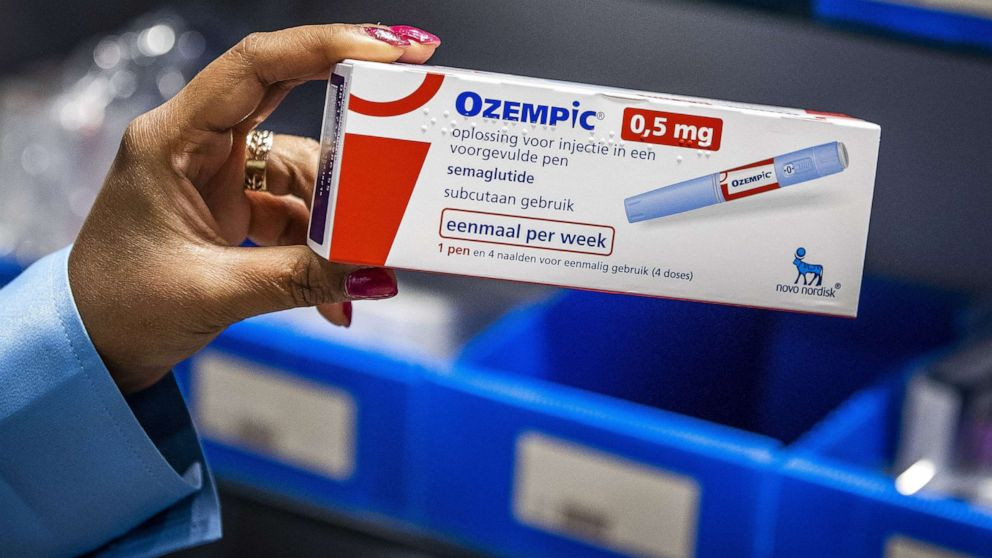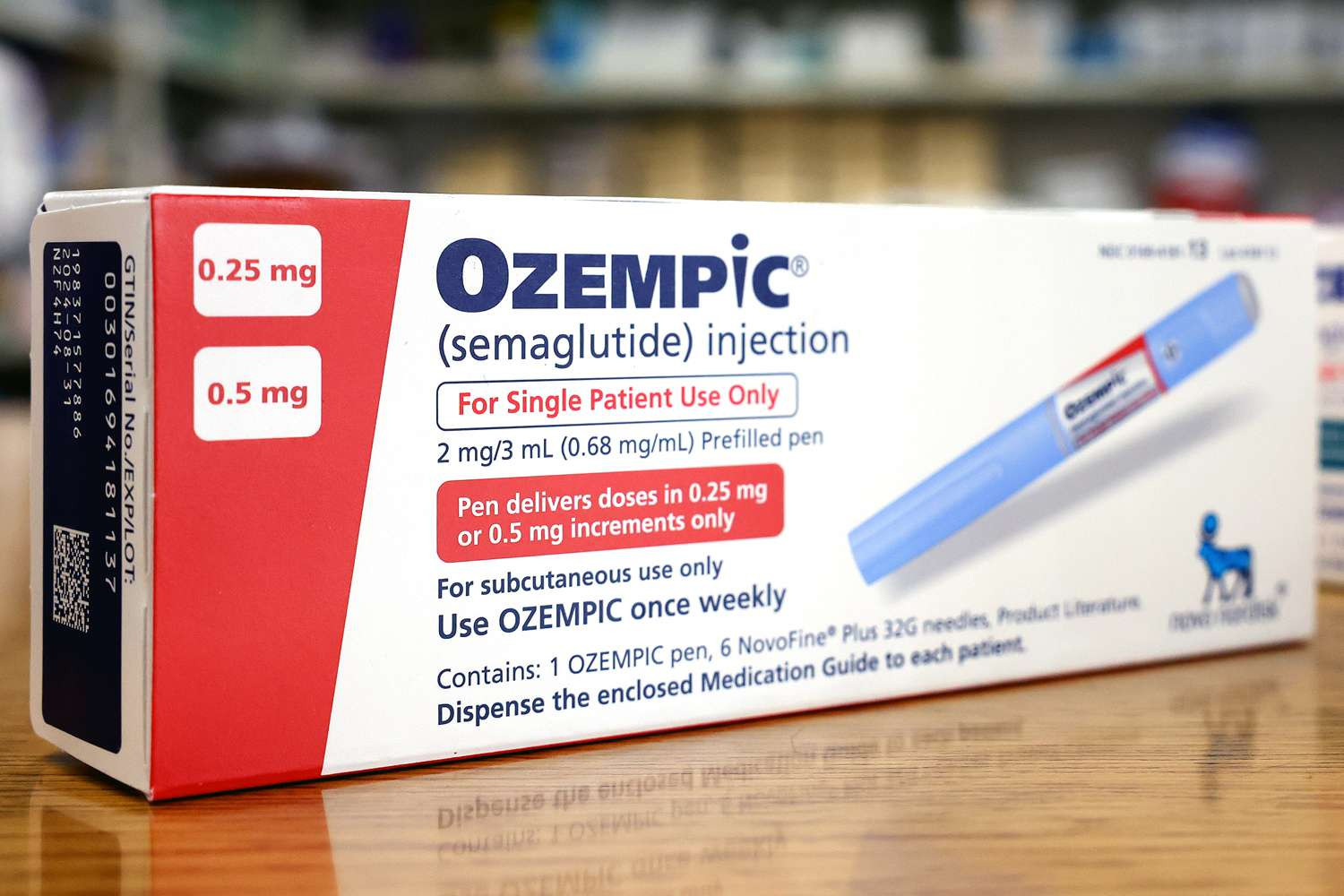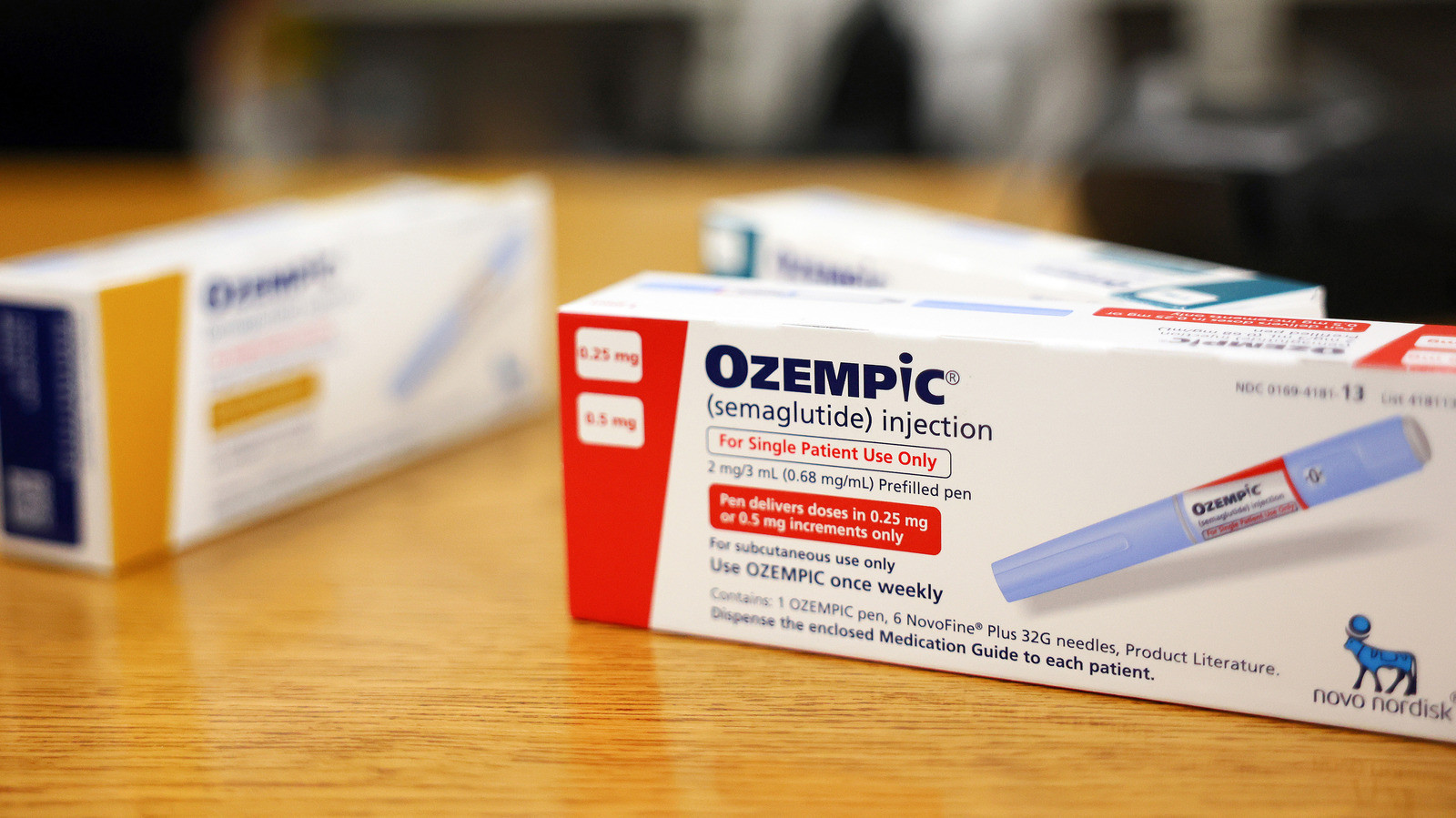The Weight-Loss Drug Taking the World by Storm: Ozempic's Rise and Controversy
Ozempic, a drug initially designed for type 2 diabetes, has become a sensation in the weight-loss market. This GLP-1 receptor agonist has garnered significant attention for its effectiveness in promoting weight loss, prompting many to seek it as a solution to their weight management struggles. The demand for Ozempic has surged, leading to a notable increase in its popularity and widespread use. However, alongside its growing popularity comes a chorus of concerns about its affordability, accessibility, and potential side effects.
The Science Behind Ozempic's Weight-Loss Potential
Ozempic, like other GLP-1 receptor agonists, works by mimicking the action of a naturally occurring hormone, glucagon-like peptide-1 (GLP-1). This hormone, produced in the gut, helps regulate blood sugar levels by slowing down gastric emptying, increasing insulin secretion, and reducing glucagon secretion. The resulting effects include better blood sugar control and reduced appetite, leading to weight loss.
The Evidence Supporting Ozempic's Effectiveness
Numerous clinical trials have demonstrated the efficacy of Ozempic in promoting weight loss. Studies have shown that individuals using Ozempic, in conjunction with lifestyle changes, can achieve significant weight reductions, exceeding those typically seen with traditional weight-loss methods. However, it's crucial to note that these studies also highlight the importance of combining Ozempic treatment with behavioral modifications like diet and exercise for sustained weight management.
The Cost Factor: A Major Concern for Many
While Ozempic has emerged as a promising tool for weight management, its cost remains a significant hurdle for many. The price of Ozempic can be substantial, potentially putting it out of reach for individuals without sufficient financial resources. This has ignited a debate regarding the drug's accessibility and its potential to exacerbate existing healthcare disparities.
Concerns about Affordability and Accessibility
Some argue that Ozempic's high price could create a two-tier healthcare system, where only those with financial means can access this promising weight-loss treatment. This argument is particularly relevant in countries with limited universal healthcare coverage, where individuals are primarily responsible for paying for their healthcare costs. The high cost of Ozempic may effectively limit access to individuals who are less financially secure, exacerbating pre-existing disparities in health outcomes.
The Ethical Dilemma: Ozempic and Cosmetic Weight Loss
The increasing use of Ozempic for non-medical weight loss has ignited a heated ethical debate. While the drug has proven effective in treating obesity-related conditions, its use for cosmetic weight loss raises concerns about its role in promoting unrealistic beauty standards and potentially perpetuating body image anxieties.
Potential for Abuse and Exploitation
Some argue that the widespread use of Ozempic for cosmetic weight loss could exacerbate societal pressures to conform to unrealistic beauty ideals. This could lead to increased body dissatisfaction, potentially driving individuals to seek unnecessary medical interventions to achieve a perceived ideal body image.
The Future of Ozempic: Balancing Benefits and Concerns
Ozempic has undeniably revolutionized the weight-loss landscape, offering a potential solution for individuals struggling with obesity and its associated health risks. However, the drug's rising cost, its accessibility challenges, and the ethical questions surrounding its use for non-medical weight loss require careful consideration.
The Need for Responsible Use and Accessibility
Moving forward, finding ways to ensure responsible and equitable access to Ozempic is crucial. This includes addressing the affordability concerns and exploring alternative pricing models that promote fairness and accessibility. It also involves fostering an informed public discourse on the ethical implications of using Ozempic for cosmetic weight loss, ensuring that its benefits are not overshadowed by its potential for misuse.
Ozempic: A Double-Edged Sword
Ozempic is a powerful tool with the potential to improve the lives of millions battling obesity. However, its use must be approached with careful consideration, balancing its benefits against its potential downsides. The future of Ozempic lies in finding ways to harness its effectiveness while mitigating its potential harms.



















